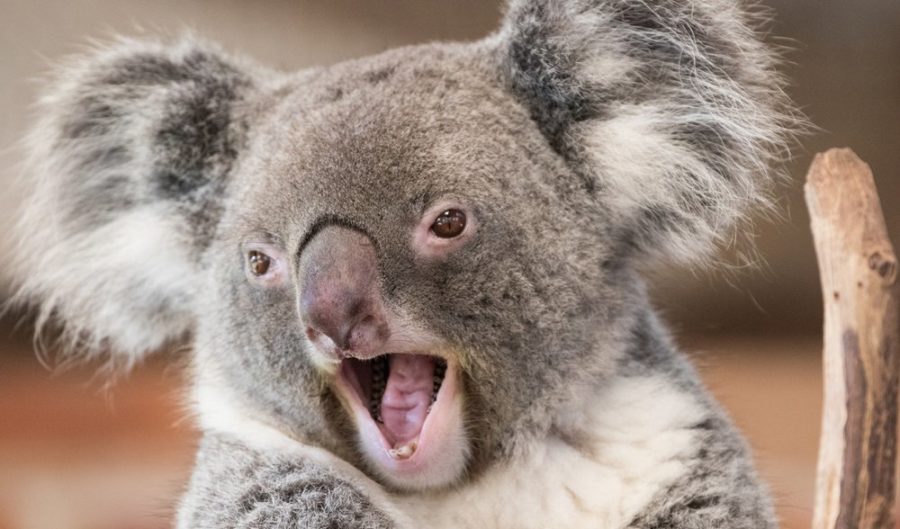
Tag: Australian culture


GALLERY: Treasures of the Australian Museum
The Australian Museum has officially opened its new permanent exhibition, 200 treasures of the Australian Museum, in partnership with Westpac. The exhibition— staged in the Long Gallery, Australia’s oldest museum gallery— now holds some of the country’s most precious items. These are some of the highlights.
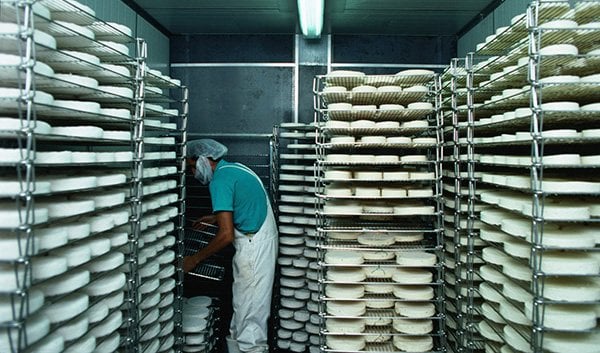
Top 10 cheesemaking regions in Australia
Each Australian annually consumes an average of more than 14kg of cheese. So, it’s fortunate that each year we produce about 344,000 tonnes of it – from traditional hard cheddars to soft, creamy bries and everything in between.
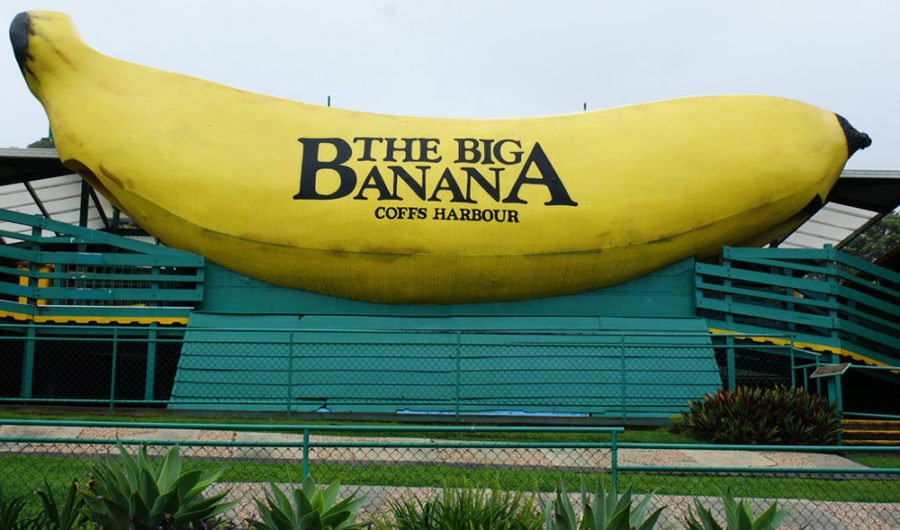
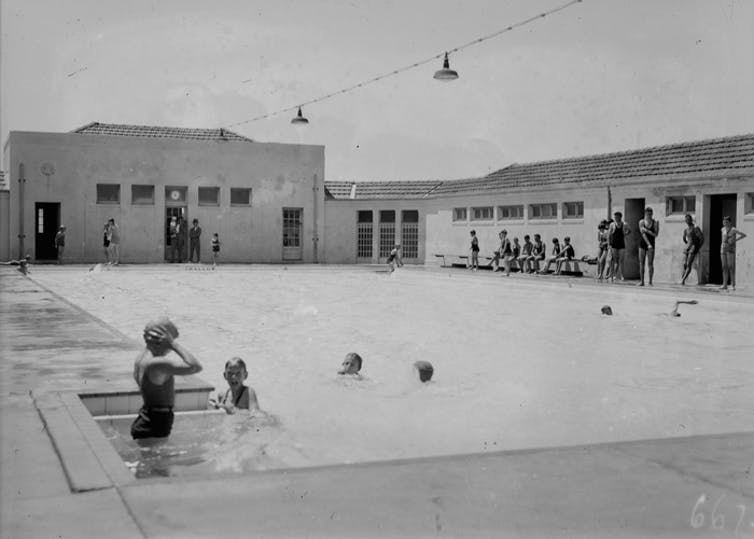
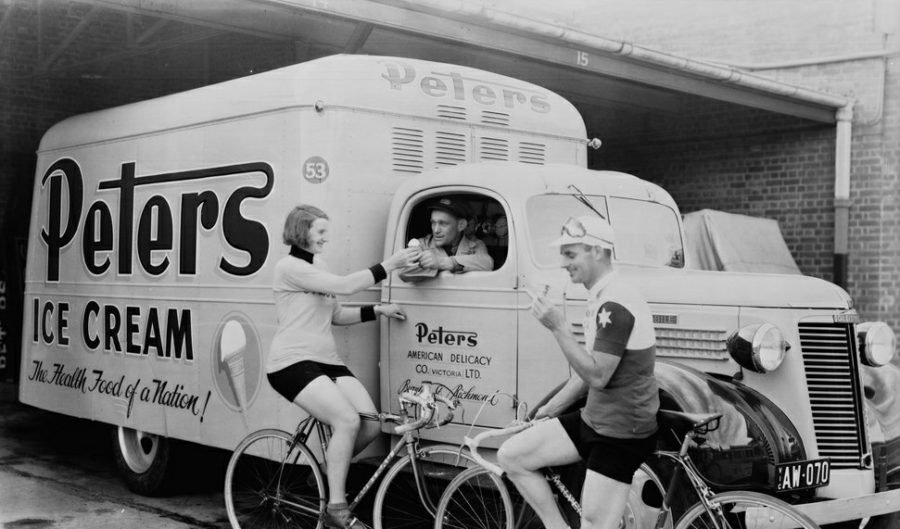

Vegemite pie to hit Australian shelves
The combination of the two iconic foods is overwhelming.
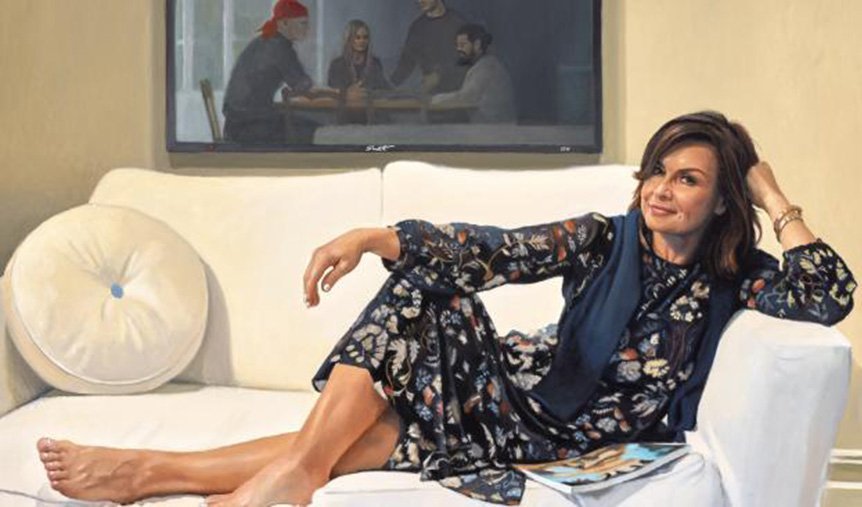
The enduring spirit of the Archibald Prize
The finalists for the 2017 Archibald Prize have been announced.

How do you perform a taxidermy on a 160kg fish?
Ninety years ago, a valuable international contract called for some inventiveness, and even a little coercion, on the part of the Australian Museum.
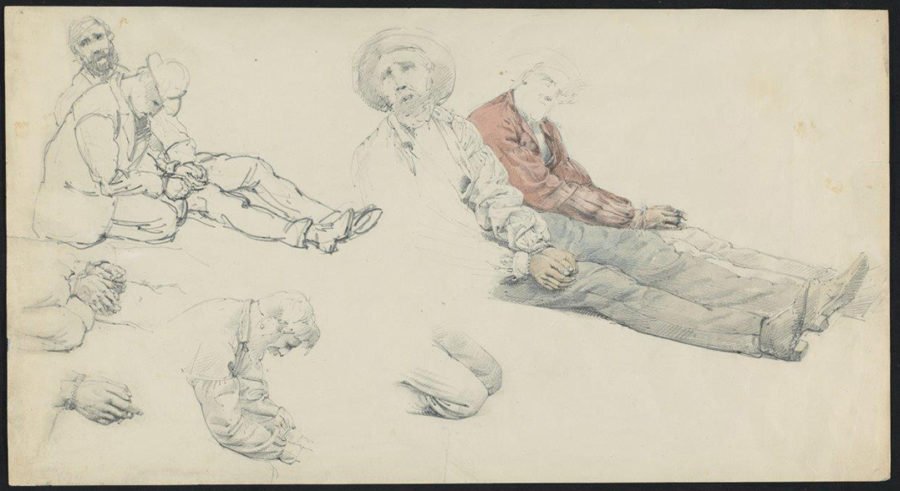
Early Victoria: Bushfires, gold rushes and sad bushrangers
FROM VICTORIA’S GOLD RUSHES to its bushrangers, English artist William Strutt’s (1825-1915) paintings captured the state’s colonial history in vivid scenes and sketches. William arrived at Melbourne in 1850 and began work as an illustrator painting portraits of people such as explorer Robert O’Hara Burke, who’s famous expedition with William John Wills ended in their tragic deaths. William illustrated the scenes around Burke’s demise in the epic ‘The burial of Burke’ (1911). He also recorded many historical events such as Victoria becoming a separate state and the devastating Victorian bushfire on Black Thursday in 1851. His paintings depict the hardship of colonial life, exploration and the dangers of the environment. His oil paintings, watercolours, portraits, prints and preparatory sketches will be on display at ‘Heroes and villains: Strutt’s Australia’ exhibition at the State Library of Victoria until 23 October 2016. The exhibition is the first retrospectives of William’s work in Melbourne, it includes pop-up talks of three of his well-known paintings; ‘Bushrangers’ (1887), ‘The burial of Burke’ (1911) and ‘Black Thursday’ (1864).